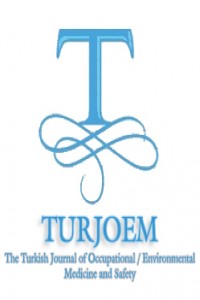Abstract
Human exposure
to arsenic is a major public health issue in many countries. A wide range of
health effects including cancer, cardiovascular and respiratory diseases are
implicated with human exposure. While the health risks are widely known, the
molecular and genomic basis of arsenic exposure, metabolism and toxicity in
human is not well understood. We have conducted some of the largest and most
comprehensive investigations investigating these aspects. First, we identified the AS3MT gene (arsenite
methyltransferase; 10q24.32) variants to be associated with arsenic metabolism
and toxicity. In a follow-up investigation,
we are sequencing the AS3MT gene among a large number of participants from
Bangladesh and US to identify variants in the gene that predicts disease
risks. Among a large sample of
participants with available genome-wide SNP, gene expression and DNA
methylation data, we evaluated differential gene expressions and methylations
in relation to arsenic exposure. These
analyses identified a large number of arsenic-associated genes from various
biological pathways, revealing a number of molecular targets of arsenic
exposure in humans. In conclusion, our
integrated toxicogenomic analyses identified specific genetic susceptibility
variants as well as arsenic-associated differentially methylated and expressed
genomic signatures which may inform mechanisms underlying arsenic metabolism
and toxicity and also potential pathways for future interventions.
References
- Habibul AHSAN The University of Chicago, Chicago, IL, USA
Abstract
References
- Habibul AHSAN The University of Chicago, Chicago, IL, USA
Details
| Journal Section | Articles |
|---|---|
| Authors | |
| Publication Date | February 16, 2017 |
| Published in Issue | Year 2017 Volume: Volume 2 Issue: İssue 1 (1) - 2.İnternational Congress Of Forensic Toxicology |


